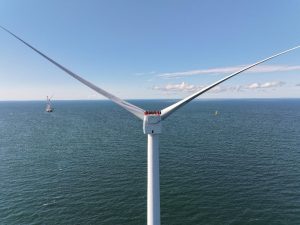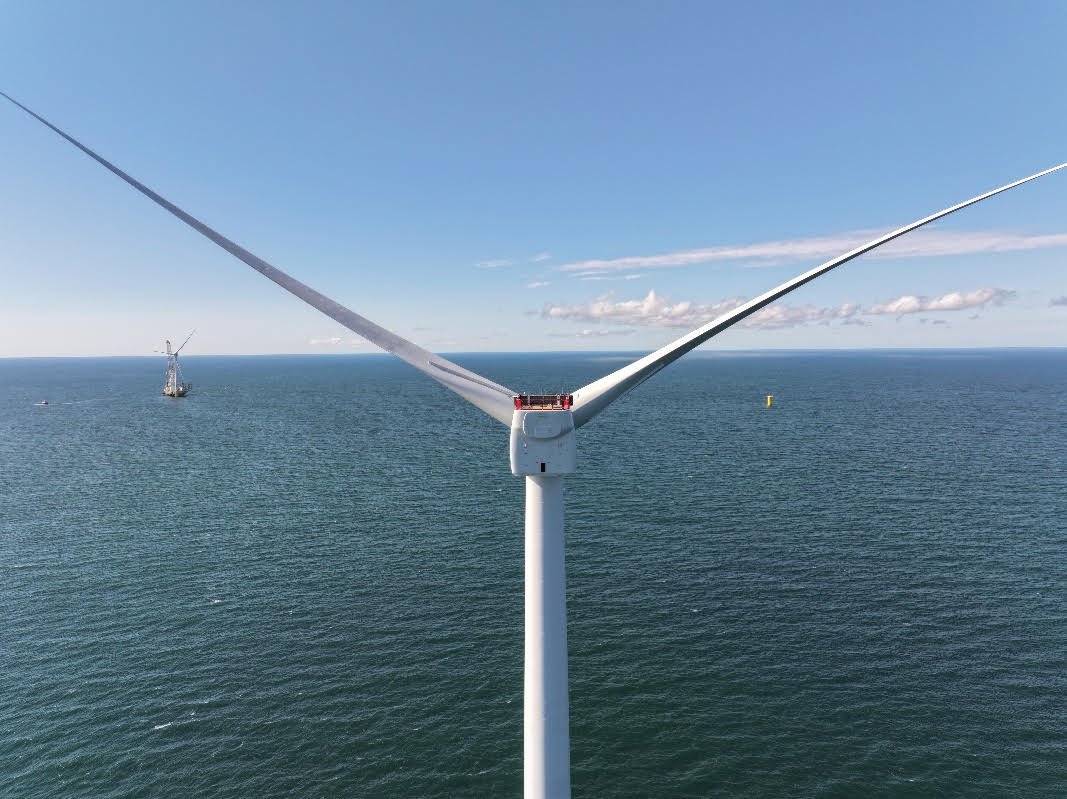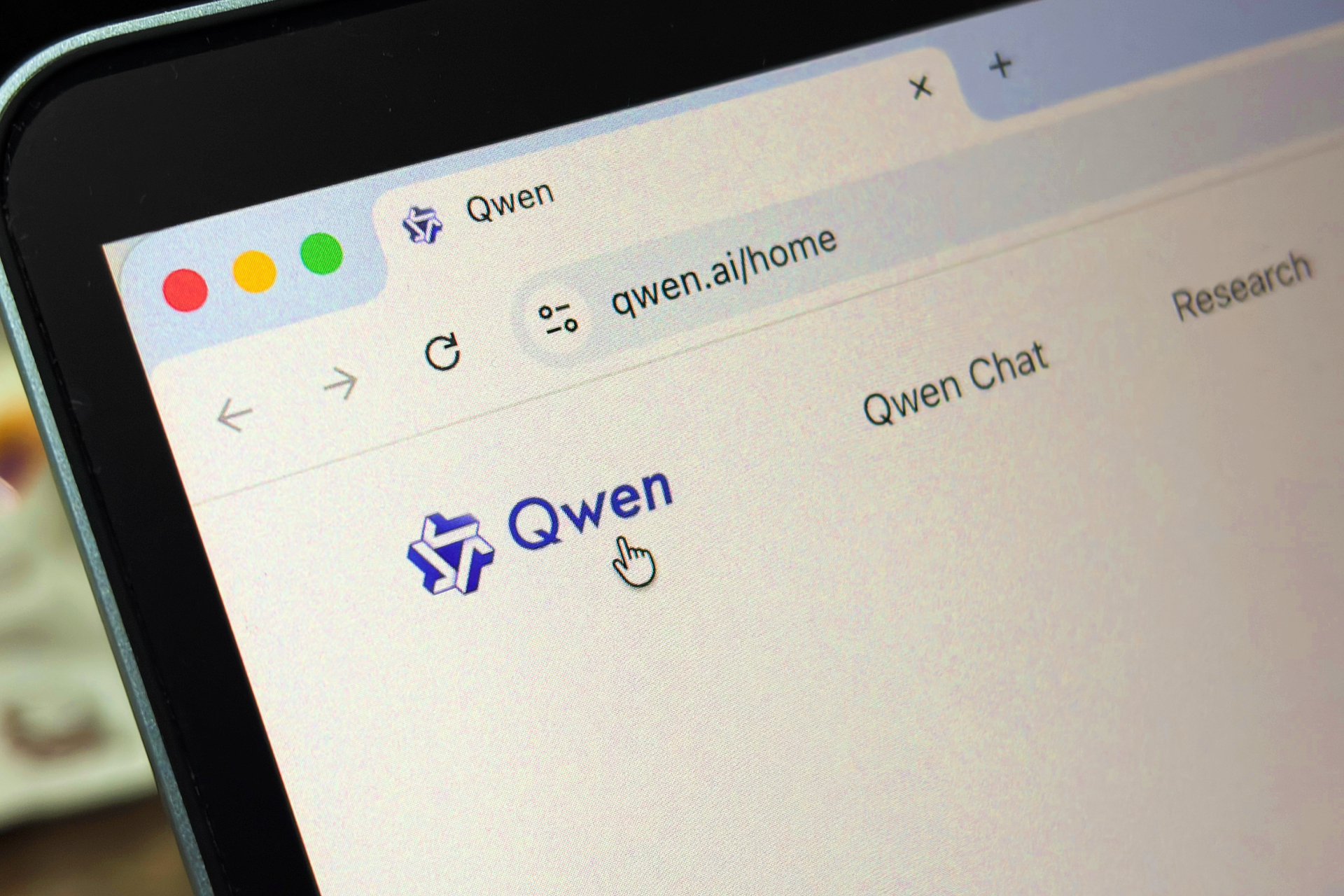
Lambda, a prominent provider of AI data center solutions, announced on Tuesday a monumental $1.5 billion funding round. This substantial capital injection, spearheaded by TWG Global, a newly formed $40 billion investment firm, underscores the escalating global demand for specialized computing infrastructure essential to power the burgeoning artificial intelligence revolution. The announcement follows closely on the heels of a multi-billion dollar agreement with tech giant Microsoft, positioning Lambda as a critical player in the intensely competitive landscape of AI enablement.
The AI Gold Rush and the Infrastructure Imperative
The current era of artificial intelligence, particularly the rapid advancements in large language models (LLMs) and generative AI, has triggered an unprecedented demand for high-performance computing (HPC) capabilities. Unlike traditional cloud workloads, AI training and inference require massive parallel processing power, primarily delivered by Graphics Processing Units (GPUs). This specialized requirement has given rise to a new breed of infrastructure providers like Lambda, often dubbed "AI factories," which focus on deploying and managing vast fleets of GPUs optimized for AI workloads.
The funding round for Lambda represents more than just a financial transaction; it is a strategic maneuver in the global race for AI supremacy. As companies ranging from startups developing cutting-edge models to established enterprises integrating AI into their operations vie for limited compute resources, securing access to and building out dedicated AI infrastructure has become paramount. This dynamic has created a fertile ground for investment in companies that can scale these complex, capital-intensive operations efficiently.
TWG Global’s Strategic Bet on AI
Leading this significant investment is TWG Global, a formidable new entity in the financial world. Formed by billionaires Thomas Tull, known for his past leadership of Legendary Entertainment, and Mark Walter, co-founder and CEO of Guggenheim Partners, TWG Global brings substantial financial clout and strategic vision. The firm, which consolidates a diverse portfolio of assets including Walter’s stakes in high-profile sports franchises like the Los Angeles Lakers and the Cadillac F1 racing team, has clearly identified AI as a key area for aggressive expansion.
A cornerstone of TWG Global’s strategy is its dedicated $15 billion fund specifically earmarked for AI investments. This fund is notably anchored by Abu Dhabi’s Mubadala Capital, a sovereign wealth fund with a reputation for making impactful long-term investments in future-defining technologies. This collaboration highlights a broader trend of global capital flowing into the AI sector, driven by a recognition of its transformative potential across industries and economies. TWG Global’s prior ventures in AI include a partnership with Elon Musk’s xAI and Palantir, aimed at deploying AI agents for enterprise solutions, demonstrating a diversified approach to AI investments that spans both software and critical infrastructure. Their backing of Lambda signals a clear conviction in the foundational importance of compute power for the entire AI ecosystem.
The Specialized Data Center Landscape
Lambda operates a network of AI-optimized data centers across the United States, providing a crucial alternative to the hyperscale cloud providers for companies seeking dedicated GPU clusters. In this niche but rapidly expanding market, Lambda finds itself in direct competition with other specialized providers, most notably CoreWeave. Both companies are at the forefront of building out the physical backbone for the AI era, offering compute resources that are often more cost-effective and specifically tailored for intensive AI training and inference than general-purpose cloud offerings.
The demand for these specialized services is so immense that even the largest tech companies, which operate their own vast cloud infrastructures, are turning to these providers. This reality underscores the sheer scale of the computational requirements of modern AI. The GPUs themselves, primarily supplied by Nvidia, are the "picks and shovels" of this new gold rush, and companies like Lambda are the ones deploying and managing these critical tools at scale. Nvidia’s strategic investment in Lambda further solidifies this symbiotic relationship, as the chipmaker benefits from the proliferation of infrastructure that utilizes its hardware.
Microsoft’s Shifting Compute Strategy
A significant precursor to Lambda’s latest funding success was its multi-billion dollar agreement to supply Microsoft with AI infrastructure, leveraging tens of thousands of Nvidia GPUs. This deal is particularly noteworthy given Microsoft’s immense investment in its own Azure cloud platform and its close partnership with OpenAI. The move suggests a strategic imperative for Microsoft to secure diverse and abundant AI compute resources, even from third-party specialized providers, to meet the insatiable demands of its AI initiatives and those of its partners.
This development also brings into focus Microsoft’s evolving relationship with specialized AI infrastructure firms. Previously, Microsoft had a similar arrangement with CoreWeave, becoming its largest customer in 2024 by acquiring approximately $1 billion worth of services. However, a significant shift occurred when OpenAI, a key Microsoft partner and a leader in generative AI, subsequently entered into a staggering $12 billion deal with CoreWeave in March. This aggressive move by OpenAI, reportedly driven by its need to secure massive compute for its own ambitious model development, highlighted the fierce competition for GPU access and the strategic value of dedicated infrastructure partnerships. Microsoft’s subsequent deal with Lambda can be seen as a proactive measure to diversify its supply chain for AI compute, ensuring continued access to the resources vital for its competitive position in the AI domain.
A History of Rapid Growth and Escalating Valuations
Lambda’s journey to this $1.5 billion raise has been marked by rapid expansion and escalating investor interest. For months, market observers had been anticipating a significant funding round for the company, with whispers of valuations exceeding $4 billion. There was even speculation about a potential Initial Public Offering (IPO), reflecting the intense investor appetite for high-growth AI-related ventures.
Prior to this latest announcement, Lambda had already demonstrated impressive fundraising capabilities, securing a $480 million Series D round in February. At that time, its estimated valuation stood at approximately $2.5 billion, according to Pitchbook data. The current $1.5 billion capital infusion far surpasses previous expectations regarding the size of the raise. While Lambda declined to comment on its latest valuation, the sheer scale of this investment strongly suggests a significant upward revision, reflecting both the company’s accelerating growth and the broader market’s fervent belief in the long-term prospects of AI infrastructure.
Broader Market and Societal Impact
The enormous investments flowing into AI infrastructure companies like Lambda have profound implications across several dimensions. Economically, they are fueling a new wave of growth, creating jobs in data center construction, operations, and specialized engineering roles. Regionally, the establishment of these "AI factories" can transform local economies, bringing significant capital investment and high-tech employment opportunities.
However, this rapid expansion also presents challenges. The energy consumption of these massive data centers, especially those packed with power-hungry GPUs, is a growing concern. The need for sustainable energy sources and efficient cooling technologies becomes increasingly critical to mitigate the environmental footprint of the AI revolution. Furthermore, the concentration of immense computing power raises questions about access and equity. While specialized providers like Lambda aim to democratize access to AI compute beyond the hyperscalers, the sheer cost of building and operating such infrastructure means that significant barriers to entry remain.
From a geopolitical perspective, the ability to build and control advanced AI infrastructure is increasingly viewed as a national strategic asset. Countries are investing heavily in domestic AI capabilities, recognizing that compute power is foundational to technological sovereignty and economic competitiveness in the 21st century.
The Road Ahead for Lambda and the AI Ecosystem
With $1.5 billion in new capital, Lambda is now exceptionally well-positioned to accelerate its expansion plans, acquire more state-of-the-art GPUs, and enhance its data center capabilities. This funding will be crucial for meeting the relentless demand from AI developers and enterprises, allowing Lambda to solidify its market position and potentially innovate further in areas like software-defined infrastructure and specialized AI services.
The investment underscores a critical inflection point in the AI journey. While the development of sophisticated AI models captures headlines, the underlying infrastructure that enables these breakthroughs is equally vital. As AI continues to permeate every facet of business and society, the companies that can reliably and efficiently provide the necessary computational horsepower will be indispensable. Lambda’s latest funding round is a clear testament to this reality, signaling a continued era of massive investment and innovation in the foundational layers of the artificial intelligence ecosystem.








